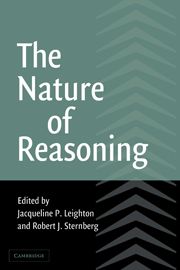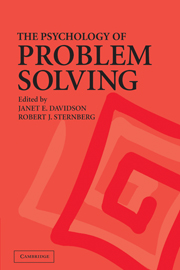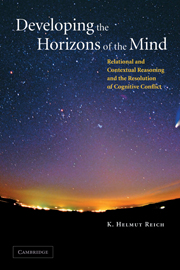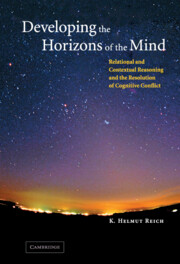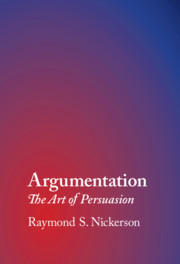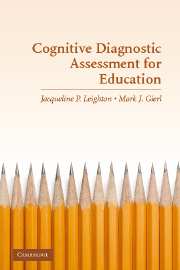The Nature of Reasoning
Reasoning to the mind is like breathing to the lungs. We are constantly doing it, but rarely take notice. If it fails, however, we are paralyzed. Imagine being unable to infer conclusions from a conversation or being unable to reach a solution to an important life problem. This book focuses on how people draw conclusions from information and discusses the roles that the brain, our memory, and our knowledge play in drawing conclusions in everyday life.
- In-depth analysis of reasoning
- Easy to read, making this accessible to students and researchers alike
- Includes current and cutting-edge research
Reviews & endorsements
"This handy, one-volume compendium of current theory and research on the psychology of reasoning not only presents the state of the science of reasoning but also charts new directions. Covering everything from how to define reasoning... to the brain functions that subserve reasoning... the book's contributors...create a comprehensive account of what is known about reasoning in psychology and cognitive science. The editors and contributors are all well-known and highly regarded researchers in the field.... Highly recommended." Choice
Product details
November 2003Paperback
9780521009287
488 pages
228 × 153 × 28 mm
0.63kg
25 b/w illus. 12 tables
Available
Table of Contents
- 1. Defining and describing reason
- 2. Reasoning and brain function
- 3. Working memory and reasoning
- 4. The role of prior belief in reasoning
- 5. Task understanding
- 6. Strategies and knowledge representation
- 7. Mental models and reasoning
- 8. Mental-logic theory: what it proposes and reasons to take this proposal seriously
- 9. Heuristics and reasoning: making deduction simple
- 10. Cognitive heuristics: reasoning the fast and frugal way
- 11. The assessment of logical reasoning
- 12. The development of deductive reasoning
- 13. The evolution of reasoning
- 14. Individual differences in thinking, reasoning, and decision making
- 15. Teaching reasoning
- 16. What do we know about the nature of reasoning?

